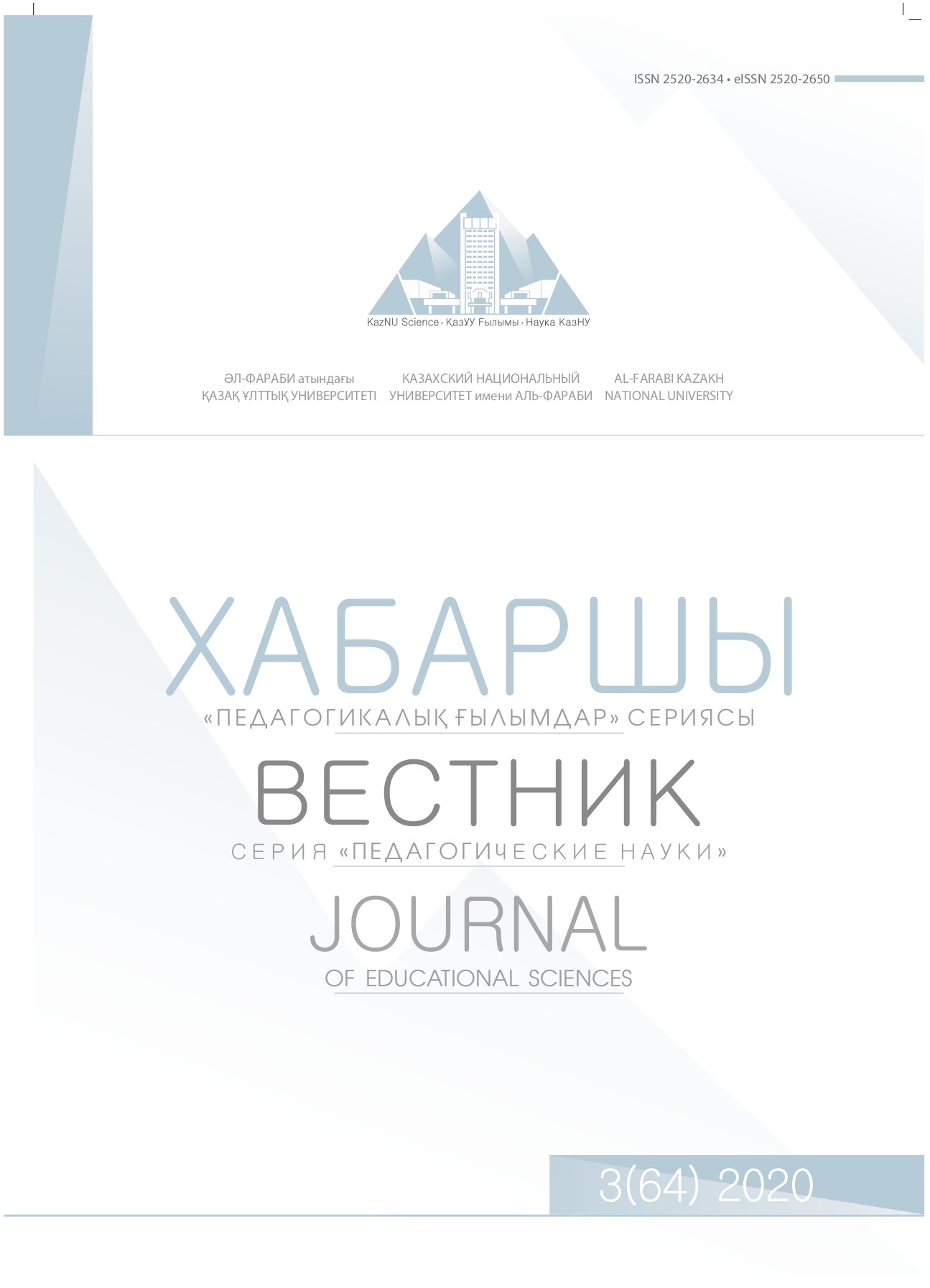Trajectories of Rectors in Public Higher Education Institutions of Kazakhstan in the Context of the New Election Process
DOI:
https://doi.org/10.26577/JES.2020.v64.i3.03Abstract
In this article, we are going to present the results of the study on trajectories of rectors in public higher education institutions under Ministry of education and Science of Kazakhstan. The authors use the method of analyzing secondary data from open sources. Twenty-four profiles of rectors of public higher education institutions of Kazakhstan who were elected according to the new election procedures have been analyzed. To determine the career trajectory, the authors analyzed age, gender, place of birth, work experience (positions held), general work experience, including as a rector, work experience as a civil servant, education of rectors. In particular cases results of 2018 also have been compared to the average indicators of the same criteria of rectors of public universities of Kazakhstan who worked before the new election process have been implemented in 2016. If, previously, the full responsibility for the decision on the candidacy of a new rector of the public university was assigned to the Republican Commission under the Ministry of Education and Science of the Republic of Kazakhstan. Since 2016, the Universities’ Boards of Overseers plays more important role. Thus, the analysis of the characteristics of 24 profiles of rectors showed that there are common similar characteristics, which were grouped in four main career paths: insider, “external” –academic, “external” –administrator, “external” –– politician. Key words: career trajectories, rectors’ election process, autonomy, higher education institution management, Kazakhstan.















